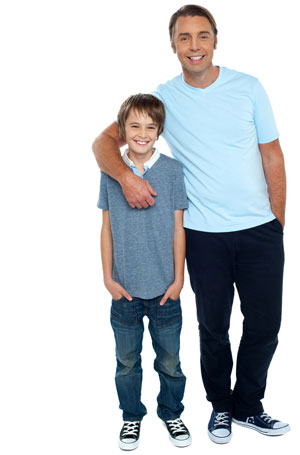The European Court of Human Rights has rejected a claim that the Official Solicitor’s decision to place a woman’s child into care, and subsequently for adoption, was in breach of the woman’s human rights.
- Home
- Our Unique Approach
- Our Unique Approach
- Our Services
- Testimonials
- Blog
- Blog Categories
- Splitting up
- Children
- Other GE Law Updates
- Contact Us
"I am glad there are people like you who have the passion and intelligence to strive for and make positive change after experiencing something so destructive."
"Thanks for being there and working hard in this case. I will be forever grateful. Words cannot explain my gratitude."
"You have been a lifeline to me-both legally and psychologically over the last year."


